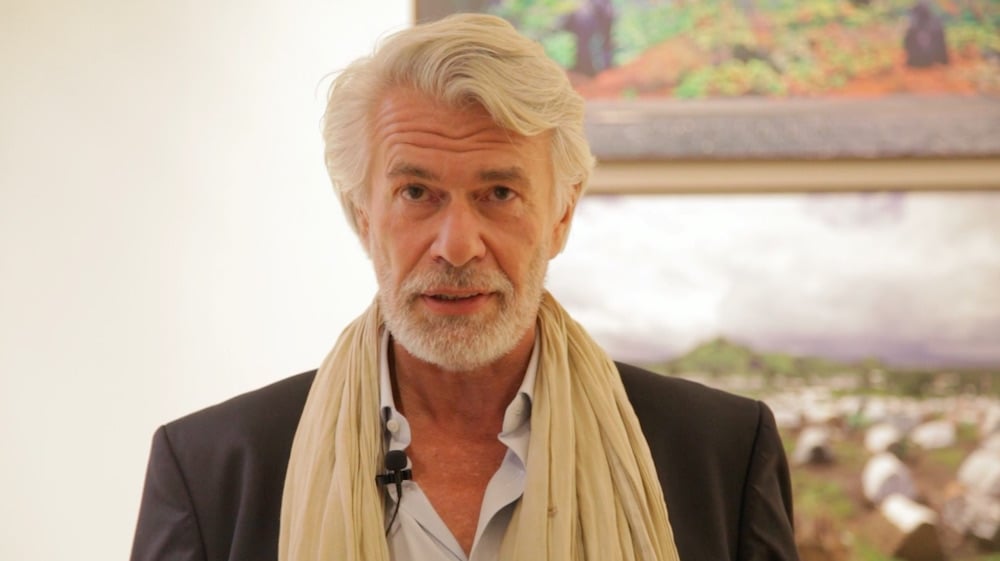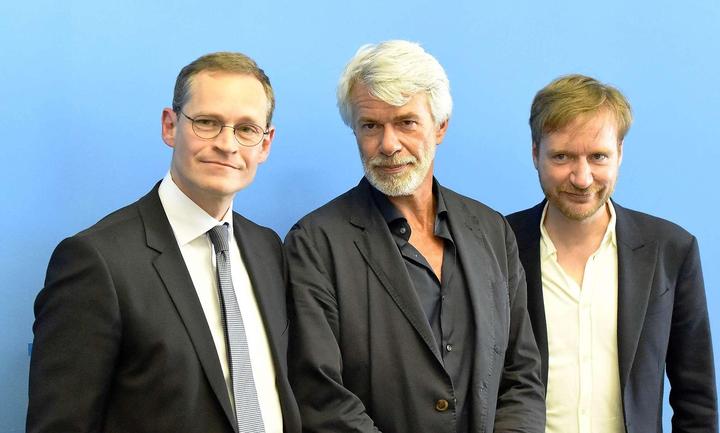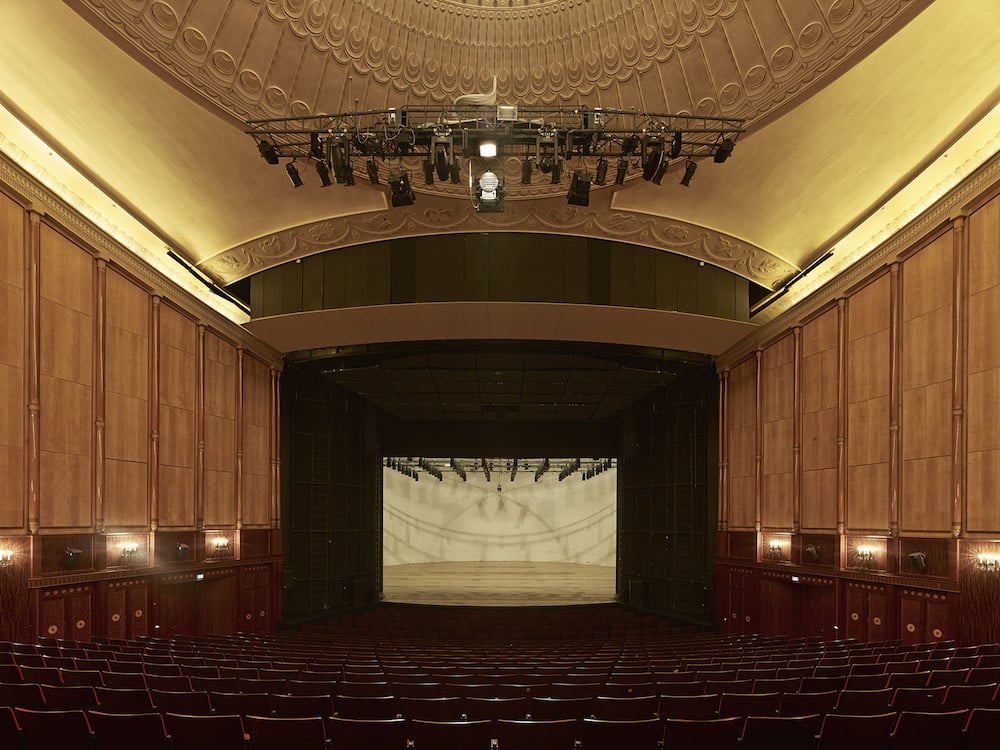People
Can Berlin Afford Chris Dercon’s Volksbühne Appointment?
The state pledged $3.24 million for the theater one year before his arrival.

The state pledged $3.24 million for the theater one year before his arrival.

Henri Neuendorf


Volksbühne, Berlin
Photo: Wikimedia Commons
Berlin’s local press has ridiculed the senate’s financial revelations associated with outgoing Tate Modern director Chris Dercon’s appointment as head of the city’s Volksbühne theater.
According to the Tagesspiegel, the theater was one of the major beneficiaries of the city’s €82 million ($89 million) cultural budget for the 2016/2017 fiscal year, having been allocated a hefty €4.25 million ($4.62 million) by the state.
And despite the fact that Dercon is only scheduled to take up the directorship of the institution in 2017, Tip Berlin reports that Berlin Mayor, Michael Müller, admitted in a parliamentary hearing that the theater has already set aside €2.98 million ($3.24 million) in preparation of the Belgian’s arrival.
The sizable sum includes €138,000 ($151,000) for Dercon and program director Marietta Piekenbrock’s salaries and travel expenses in 2016 (i.e. in the year before officially taking up the position) and €212,000 ($230,000) for the following year.

Outgoing Tate Modern Director Chris Dercon was announced as the new director of the Volsbühne, Berlin in April.
Photo: 1:54 Contemporary African Art Fair via YouTube
An additional €500,000 ($543,240) will be invested in “a newly developed digital stage, which is a quality, high standard project with international appeal,” according to Müller’s dossier on the initiative.
Local press was particularly incredulous following the revelation that €100,000 ($108,648) had been allocated towards the Volksbühne’s marketing budget which highlighted “corporate identity,” and “preparing program-related press conferences,” as top expenses.
The theater is reportedly in the process of rebranding itself as “volksbühne berlin,” leading the press to parody the cost of switching to a lowercase typeface and adding the word “berlin.”
In addition, conservative theater critics expressed their contempt with the fact that the Volksbühne, which was home to renowned theater directors such as Erwin Piscator or Christoph Schlingensief, would go too far in its attempt to reinvent itself.

Berlin Mayor Michael Müller (left), Chris Dercon and Berlin Culture Minister Tim Renner.
Photo: Tobias Schwarz/AFP via Tagesspiegel
“The volksbühne berlin gathers theater, dance, performance, concerts, cinema, visual arts and ditigal culture under one roof,” according to documents detailing Dercon’s vision for the institution’s future. Many critics would however prefered if the storied theater maintained a more traditional program.
According to Dercon’s vision “forms of theater have expanded in scope, they now reflect real social (often manipulative) power. We’re dealing with a dramatization of everyday life and politics, a dramatization of public space.” Perhaps unsiprisingly, Tip‘s critic Peter Laudenbach calls this statement “nebulous.”
Dercon added “Many contemporary artists are turning museums into a stage and explore a dialogue with architecture, space, performance, choreography, sound, projection and artifacts.” A platitude, according to Laudenbach, but not a real concept.

The stage at the Volksbühne, Berlin.
Photo: Klaus Roth Architekten
Others also pointed out that the concept lacked clarity, strayed too far from traditional theater, and didn’t properly justify the high costs.
They also highlighted that the Volksbühne’s princely budget came at the expense of several other theaters and cultural institutions—especially youth and children’s theaters—many of which are on the brink of financial collapse.